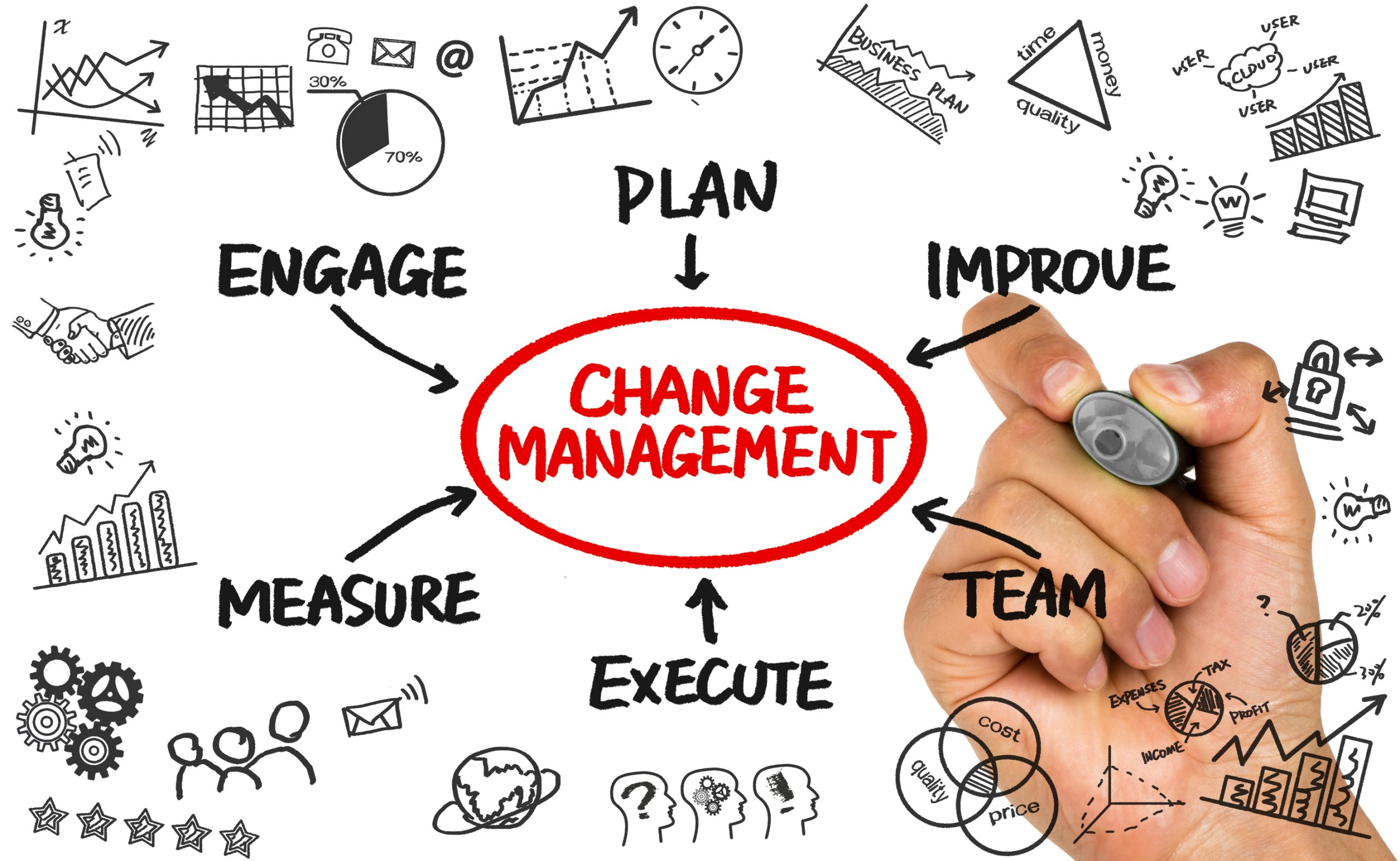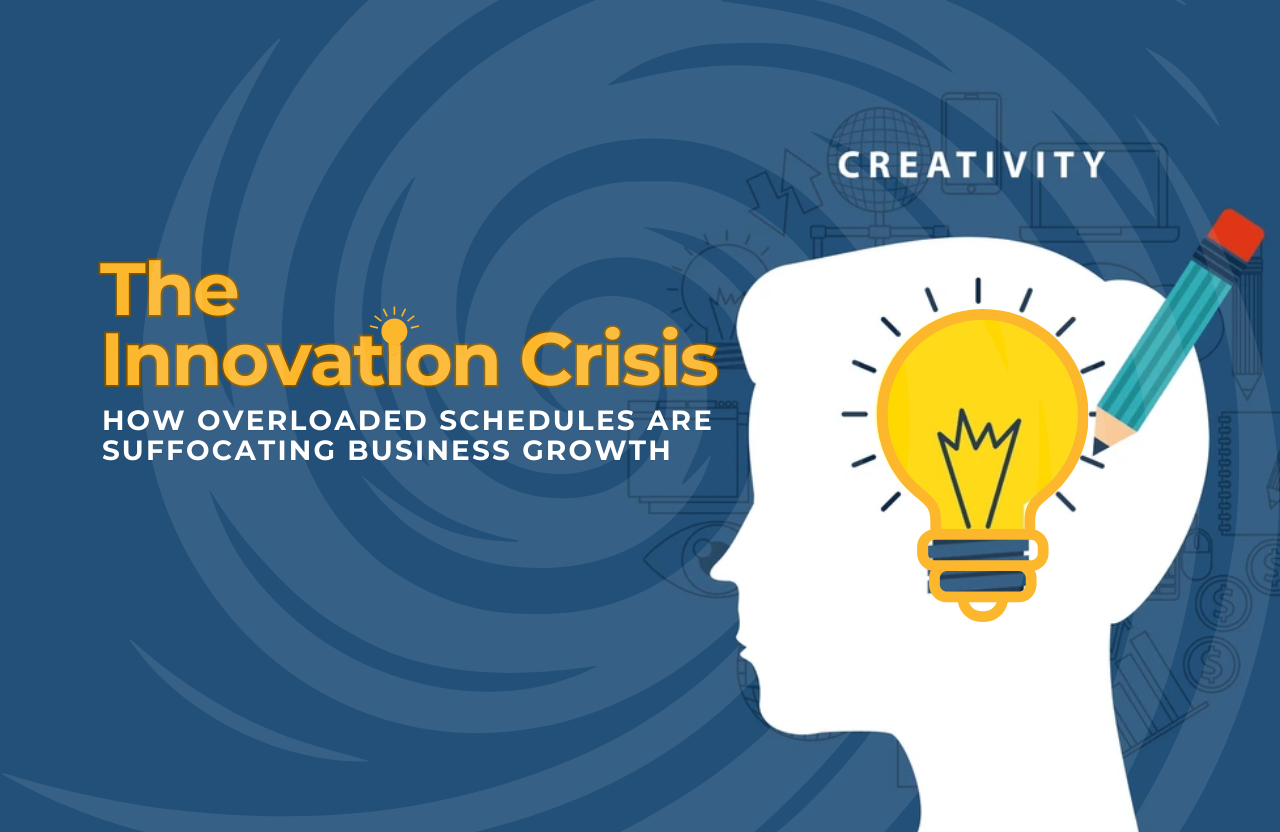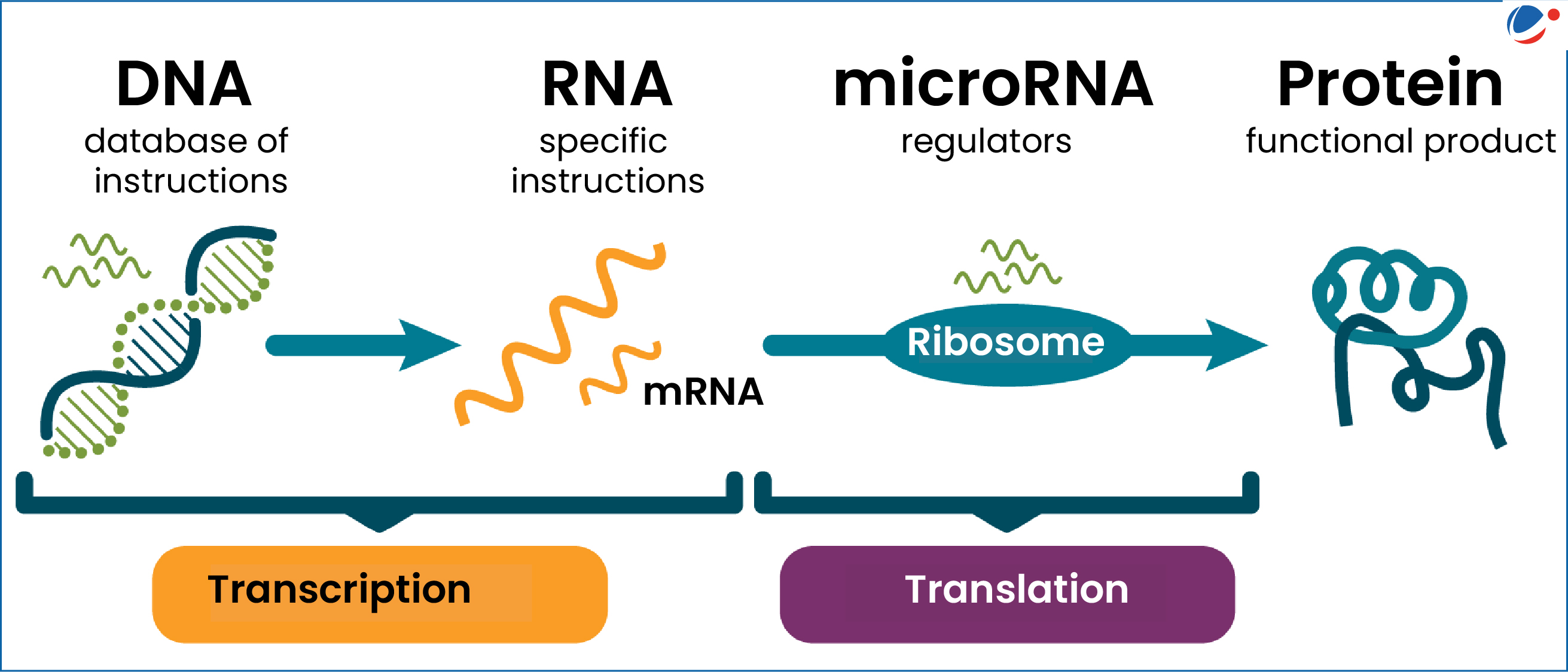Change: Insights on Embracing Personal Growth in 2024
Change is an inevitable aspect of life that shapes our experiences and perspectives, often driving our journeys of personal growth. Embracing change is essential for self-improvement and wellbeing as we adapt to new circumstances and challenges. The psychology of change reveals fascinating insights about how we can thrive during transitions, allowing ourselves to develop and flourish. Yet, resisting change can lead to disillusionment, hindering our ability to evolve both personally and socially. By understanding the dynamics of change and the opportunities it presents, we open the door to transformative growth and richer relationships.
The concept of transformation resonates deeply in our lives, as it signifies not just a shift in circumstances but a profound evolution of our selves. Dynamics of transformation often compel us to engage with our inner narratives, pushing against the boundaries of our comfort zones. This continual process of development can be seen as both a challenge and an opportunity for deeper understanding. Navigating through life’s transitions requires a commitment to embracing the fluidity of our identities, which in turn fosters resilience and adaptability. Ultimately, the journey of self-discovery is paved with moments of change that encourage us to redefine our paths and aspirations.
Embracing Change: A Path to Personal Growth
The concept of embracing change is fundamental to personal growth, as it encourages individuals to view life’s inevitable transitions as opportunities rather than obstacles. As Robert Waldinger articulates, resistance to change leads to suffering. This perspective is echoed in various psychological studies that highlight the benefits of adaptability. When we actively embrace change, we open ourselves up to new possibilities, allowing for enhanced personal development and a broader understanding of ourselves and the world around us. Those who engage with change positively often experience a shift in their mindset, fostering resilience and a willingness to take on new challenges.
Moreover, embracing change requires a commitment to self-improvement. The psychology of change suggests that individuals who seek to evolve are often those who cultivate a growth mindset. This mindset transforms the way we approach our experiences, fostering a proactive attitude toward challenges. As we learn to embrace uncertainty, we unravel our biases and deepen our understanding of our potential. This approach not only benefits individual well-being but also contributes to the collective development of society as we share experiences and grow alongside one another.
Change and Development: Understanding the Dynamics
Change plays a pivotal role in human development, influencing our psychological and social dynamics at every life stage. As highlighted by experts, change is not a mere reaction to external circumstances; it is a fundamental aspect of being human. Each phase of life presents unique challenges and opportunities for development, from childhood learning to the complexities of adulthood. Through the lens of developmental psychology, we recognize that changes—whether through intentional decisions or unexpected life events—shape our identities and experiences over time.
Furthermore, understanding the nuances of change can empower individuals to navigate their personal journeys more effectively. Richard Weissbourd emphasizes the importance of moral development alongside personal evolution. Shifting perspectives on morality and empathy highlight how our interactions with others can influence our trajectories of change. When we engage with our communities and acknowledge the diverse experiences of others, we begin to recognize the interconnectedness of our development. This acknowledgment can foster a more profound sense of purpose and fulfillment, changing our outlook on both challenges and possibilities.
The Psychology of Change: Why We Resist
The psychology of change reveals intriguing insights into why we often resist transitions in life. Human beings naturally gravitate towards stability and familiarity, which can create a fear of the unknown. This fear manifests itself in various ways, from aversion to change in personal relationships to reluctance in pursuing new opportunities. Research indicates that our biases, shaped by past experiences, play a significant role in our resistance. As Mahzarin Banaji points out, implicit beliefs can alter as we encounter new experiences, yet the initial resistance often stems from a place of discomfort and insecurity.
Additionally, the fear of change is often coupled with a longing for permanence, creating a duality in our relationships with growth and self-improvement. Waldinger suggests that accepting the transient nature of identity is essential to embracing change. It’s a reminder that while we are constantly evolving, our self-perception remains a significant narrative in our lives. Thus, understanding the psychological barriers to change can empower individuals to break free from limiting beliefs, fostering a more adaptive mindset conducive to personal growth.
Self-Improvement: The Imperative of Change
Self-improvement is intrinsically linked to the notion of change, acting as both a motivator and an outcome. The desire to become better, whether through enhanced skills, improved relationships, or greater emotional well-being, often necessitates a willingness to change. However, achieving meaningful self-improvement can be challenging, as it requires abandoning familiar comfort zones. Experts argue that setting clear, attainable goals is crucial for individuals wishing to embark on this journey of change. By mapping out specific areas of desired growth, an individual can approach self-improvement systematically.
Moreover, the journey of self-improvement underscores the importance of resilience in the face of setbacks. As we encounter obstacles, our responses can either reinforce our fears or fuel our motivation to evolve. Ultimately, developing a healthy routine that incorporates feedback, reflection, and adaptability can significantly impact our ability to embrace change. This diligent approach not only aids in self-improvement but also fosters a community of support, showcasing how collective growth can flourish when we collectively commit to change.
The Role of Disillusionment in Personal Change
Disillusionment is often an underappreciated catalyst for significant change in our lives. Richard Weissbourd discusses how such experiences can lead to bitterness or remarkable growth, reinforcing the idea that our responses to disillusionment significantly affect our development. When faced with disappointing realities, individuals can either recoil into cynicism or broaden their perspectives, embracing a more nuanced understanding of their circumstances. This dichotomy illustrates the profound impact of emotional responses on our capacity for change and growth.
Additionally, understanding how disillusionment can act as a transformative force allows individuals to reframe negative experiences as opportunities for personal development. By acknowledging the lessons inherent in disillusionment, individuals can glean insights that drive them toward resilience and renewal. The challenge lies in nurturing this perspective, which is often overshadowed by immediate emotions of loss or disappointment. Embracing disillusionment, rather than shying away from it, fosters an enduring sense of agency in our pursuit of a fulfilling life.
Navigating the Fear of Change
The fear of change can significantly disrupt our lives and decision-making processes. Many individuals grapple with questions of identity and belonging when faced with the prospect of transformation. This apprehension about altering the status quo can inhibit personal growth, pushing individuals to retreat into familiar patterns. As discussed by the experts, understanding the root of these fears—be they societal expectations or personal biases—can empower individuals to confront them constructively.
Moreover, recognizing that fear is a natural human response offers a compassionate framework for navigating change. By normalizing these feelings, individuals can develop strategies to gradually engage with change rather than resist it entirely. Through self-reflection, supportive relationships, and mindful practices, one can learn to approach change with curiosity instead of dread. This shift in perspective is paramount, as it lays the groundwork for a healthier relationship with transformation and development in all facets of life.
Cultivating Resilience Through Change
Resilience is a vital trait that enhances our ability to navigate the complexities of change. As individuals encounter various life stages, the development of resilience can empower them to face challenges head-on and adapt to new circumstances. This adaptability not only supports personal growth but also fosters a deeper understanding of oneself and the world surrounding us. Robert Waldinger emphasizes that resilience involves recognizing the constant movement within our lives and using it to foster positive change.
Cultivating resilience requires intentional practices such as self-reflection, emotion regulation, and positive social interactions. Engaging with supportive communities can also bolster one’s resilience, as shared experiences often foster a sense of belonging. As individuals develop greater resilience, they can embrace change as a constant companion rather than an adversary. This perspective not only enriches personal development but also sets the stage for a fulfilling future, where change becomes synonymous with opportunity.
Understanding Implicit Bias and Change
Implicit bias significantly influences how we perceive change, often blinding us to our own evolving beliefs and attitudes. Mahzarin Banaji’s research underscores that although many may believe their biases are fixed, they are, in fact, susceptible to change through exposure and new experiences. This understanding highlights the importance of being mindful about our biases as we embark on the paths of self-improvement and personal growth. Recognizing that biases can evolve invites us to reevaluate our perspectives and fosters a willingness to embrace change more openly.
Furthermore, engaging with implicit bias research encourages a community-oriented approach to change. As individuals become more aware of their biases, they can initiate dialogues that challenge preconceived notions and foster collective growth. This evolution of thought not only enhances interpersonal relationships but also contributes to broader societal change. When we align our personal growth with our capacity to acknowledge and address biases, we pave the way for meaningful development that positively impacts both individuals and communities.
The Importance of Community in Embracing Change
Community plays a crucial role in facilitating and supporting change at both individual and collective levels. The presence of supportive networks can significantly impact one’s ability to embrace personal growth and navigate the complexities of change. Engaging with others who share similar challenges fosters a sense of belonging, which is vital in reducing feelings of isolation and fear. When we see others successfully adapt and thrive amid change, it inspires us to cultivate our capacities for resilience and transformation.
Moreover, the value of community extends to shared experiences of disillusionment and growth. As individuals encounter shifts in their lives, having a supportive community to draw upon encourages constructive dialogue and collective healing. This dynamic not only enriches the experience of change but also helps individuals to feel understood and empowered. Ultimately, fostering a vibrant community that embraces change promotes a cyclical approach to growth, where members uplift one another and navigate transitions collaboratively.
Frequently Asked Questions
How does embracing change contribute to personal growth?
Embracing change is pivotal for personal growth as it allows individuals to break free from their comfort zones, explore new opportunities, and develop resilience. By accepting life’s inevitable shifts, people can cultivate a mindset that fosters self-improvement and adaptability, leading to enhanced emotional and psychological well-being.
What is the psychology of change and its impact on self-improvement?
The psychology of change explores how individuals perceive and respond to change in their lives. Understanding this psychology can significantly impact self-improvement efforts, as it highlights the challenges of resistance and the benefits of a growth mindset, promoting healthier coping strategies and emotional flexibility.
How can I effectively navigate change and development in my life?
Navigating change and development requires a proactive approach, such as setting clear goals, seeking support from others, and maintaining an open mindset. Strategies like mindfulness, reflection, and gradual adaptation can help individuals manage the uncertainties of change while fostering a positive attitude towards personal development.
What role does disillusionment play in the process of embracing change?
Disillusionment can serve as a catalyst for embracing change by pushing individuals to reassess their beliefs and behaviors. When faced with disappointment, people can choose to either withdraw or cultivate a deeper understanding of their experiences, ultimately leading to growth and a more authentic engagement with life.
Are some people more predisposed to embrace change than others?
Yes, individual differences play a significant role in how people respond to change. Characteristics such as temperament, past experiences, and cultural background can influence an individual’s openness to change, with some inherently being more adaptable while others may prefer stability and tradition.
In what ways can the fear of change hinder personal development?
The fear of change can create barriers to personal development by fostering resistance to new experiences and opportunities. This fear may lead to anxiety and a reluctance to step outside of one’s comfort zone, ultimately stalling personal progress and emotional growth.
How can understanding the psychology of change support self-improvement?
Understanding the psychology of change can aid self-improvement by providing insights into one’s motivations, fears, and potential biases. By acknowledging these internal dynamics, individuals can develop clearer strategies for tackling change, leading to more effective self-improvement efforts.
What strategies can help someone struggling with the psychological aspects of change?
Strategies to help individuals struggling with the psychological aspects of change include practicing mindfulness, establishing supportive social connections, setting small and attainable goals, journaling for reflection, and seeking professional guidance through therapy, which can provide tailored support and coping mechanisms.
Why is change considered a constant element in our lives?
Change is viewed as a constant element in our lives due to the inherent nature of existence, where personal circumstances, societal conditions, and individual perspectives are in perpetual motion. Acknowledging this can empower individuals to embrace transformation and foster resilience in the face of life’s uncertainties.
How can I turn disillusionment into a positive force for change?
Turning disillusionment into a positive force for change involves reframing negative experiences as opportunities for learning and growth. By adopting a reflective mindset, individuals can extract valuable lessons, foster resilience, and develop a stronger sense of identity, creating pathways for meaningful change.
| Key Points |
|---|
| Change is inevitable and a constant aspect of life, according to experts. |
| Resistance to change leads to suffering, and embracing change can lead to personal growth. |
| Disillusionment can shape responses to change, either fostering growth or leading to withdrawal. |
| Implicit biases can change over time due to experiences and exposure. |
| Cultural and individual differences play a role in how people adapt to or resist change. |
| Life experiences, whether positive or negative, can initiate significant internal changes. |
| The pursuit of happiness can paradoxically lead to greater dissatisfaction. |
| Acceptance of oneself can coexist with the desire to improve, indicating a balance in personal development. |
Summary
Change is a fundamental aspect of life, and understanding how individuals navigate this concept is essential. Whether motivated by internal desires or external circumstances, embracing change can enhance personal growth and well-being. Experts highlight the significance of recognizing our biases and life experiences that shape our capacity for transformation, ultimately leading to healthier relationships and a better sense of happiness.









